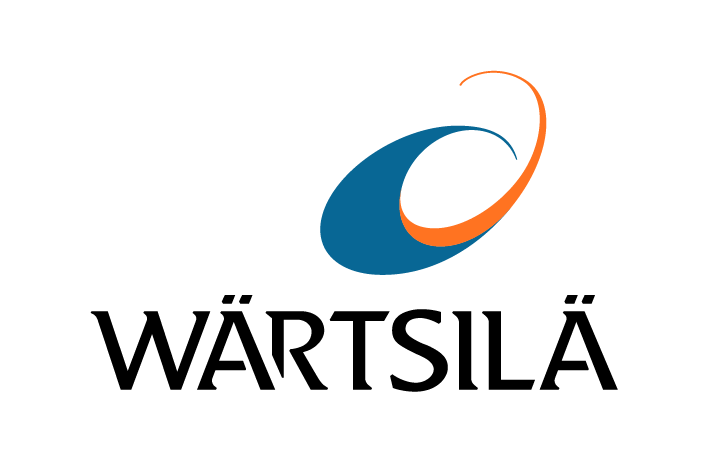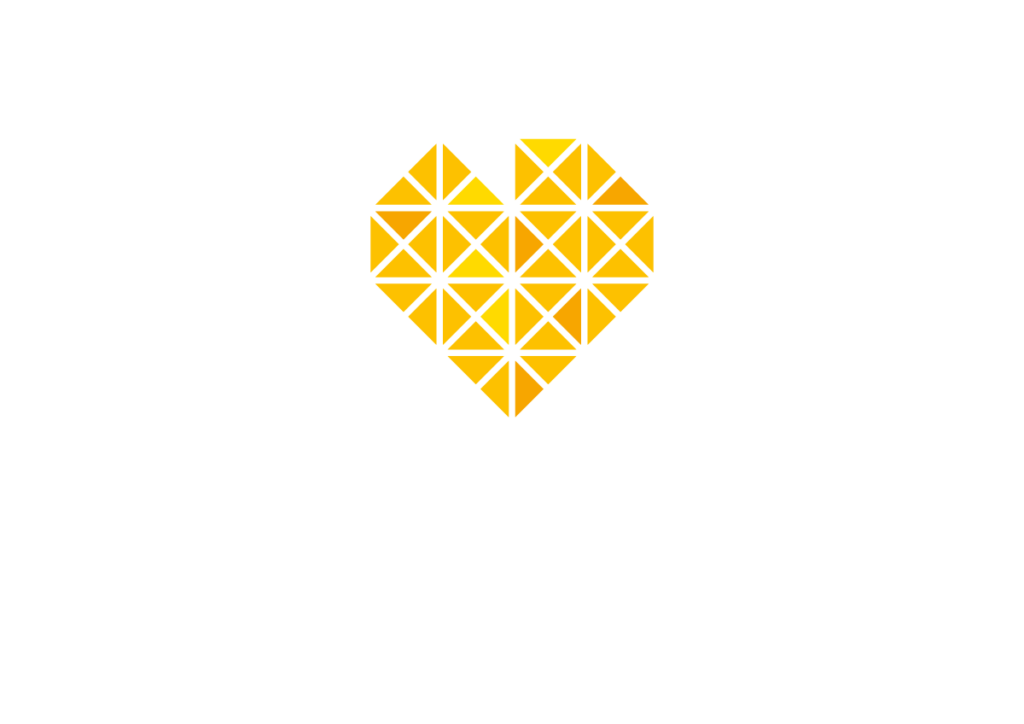The two-year KvarkenData project of the University of Vaasa, financed by the Regional Council of Ostrobothnia, explores the research and business possibilities of environmental data from Kvarken area. Aurora Botnia, a ship of Wasaline, operating between Vaasa and Umeå acts as a sensor observing the state of the environment by collecting maritime and environmental data along its route. In addition, the utilization of other data sources (for example weather and satellite data) in monitoring the marine environment is also being investigated.
⸻ ❈ ⸻
The project has four main goals:
- Find out the possibilities of using the ship’s data
- Implement small-scale experiments based on the data,
- Map the possibilities of using models based on ship and environmental data, and
- Build networks for the wider use of data from Kvarken area.
⸻ ❈ ⸻
In the project, researchers at the University of Vaasa are developing a user interface pilot for utilizing Kvarken data. The user interface to be developed can be used, for example, in monitoring the ship’s energy efficiency, the environment or ship traffic. The project’s business partners are Wasaline and Wärtsilä. Research collaboration is also carried out with the Finnish Meteorological Institute, the Finnish Environmental Center and Aalto University. In addition, the project cooperates with the Baltic Sea Action Group.
⸻ ❈ ⸻
The KvarkenData project also studies what kinds of service business models could be associated with the data produced by the ships. The commercial potential of maritime data as well as the requirements, processes and capabilities related to its commercialization are evaluated by means of company case studies. The investigations related to the commercialization of data continue to help in the development of business networks in Kvarken area and more broadly in the entire Baltic Sea region.






